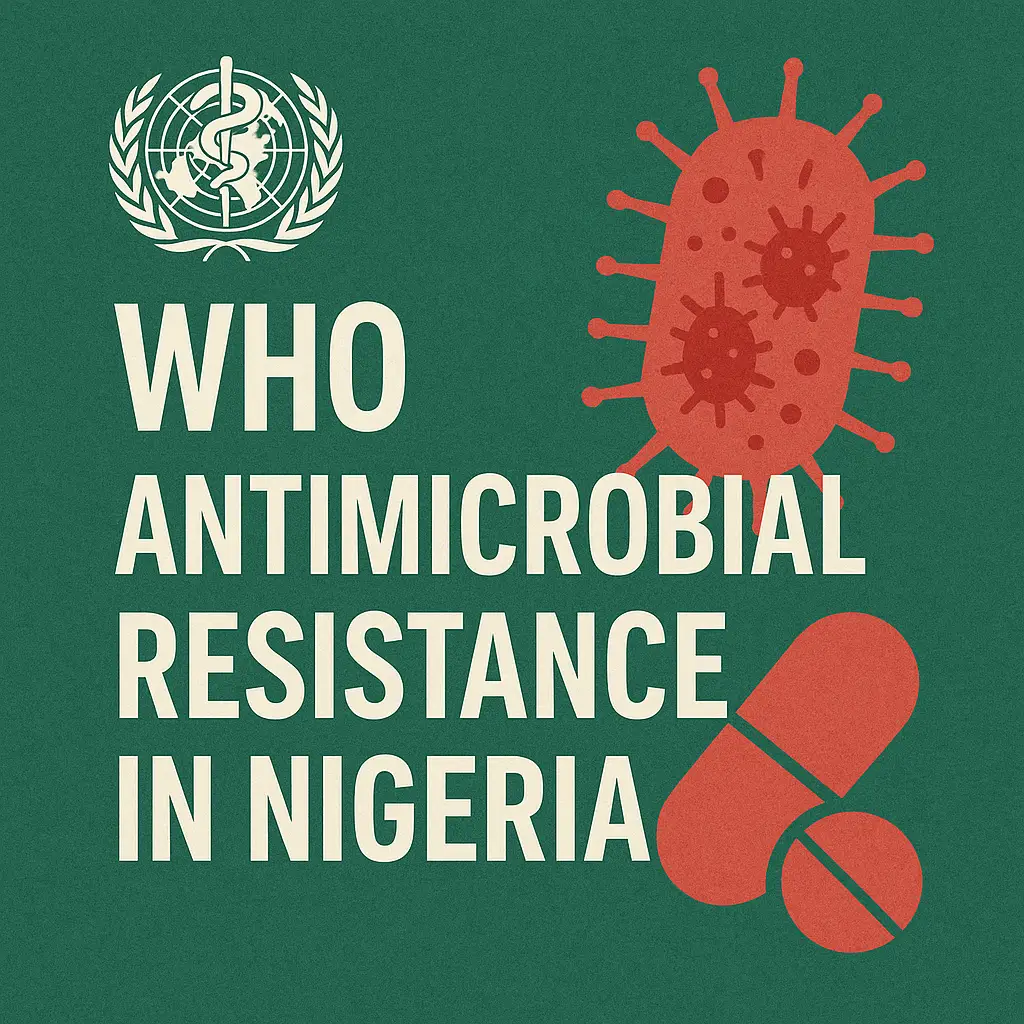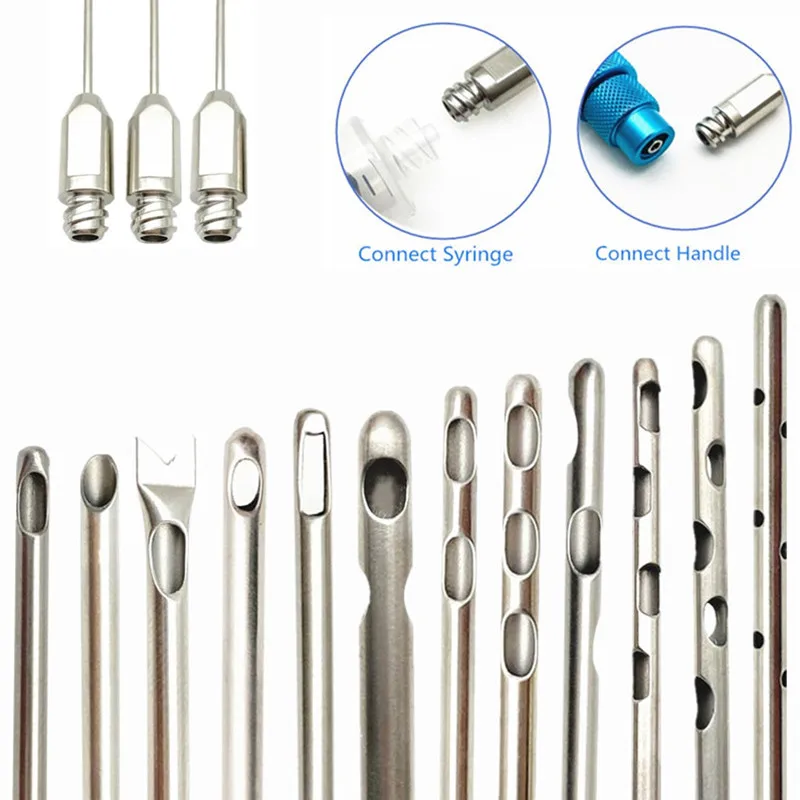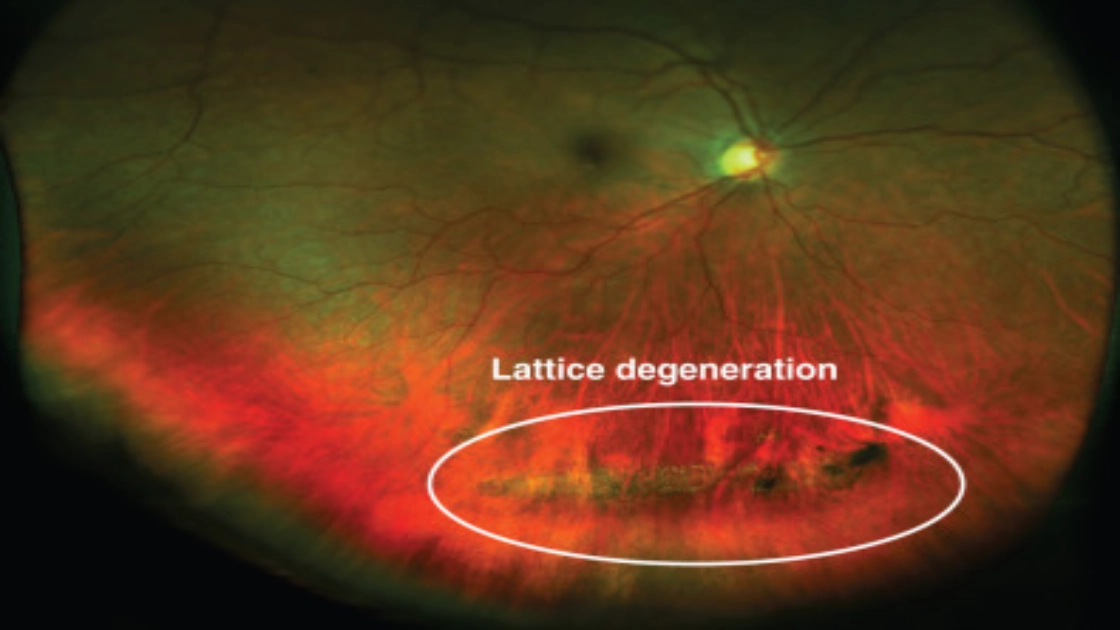Tooth extraction is a common dental procedure used to remove a damaged or problematic tooth. While it is generally safe, complications can arise in some cases. It’s essential to be aware of these potential issues to ensure proper care and timely intervention if complications occur. Here are some complications that can arise after tooth extraction:
Pain and Swelling:
It’s normal to experience some pain and swelling after a tooth extraction. However, if the pain or swelling worsens instead of improving after a few days, it could indicate an infection or a dry socket (a condition where the blood clot that forms after extraction is dislodged or dissolves prematurely).
Bleeding:
Some bleeding is expected after the extraction, but if the bleeding persists or becomes heavy, it might indicate an issue with blood clot formation or a blood vessel. Immediate dental attention is necessary if bleeding continues for an extended period.
Dry Socket:
Dry socket occurs when the blood clot that should form after extraction is lost prematurely. This condition can be extremely painful and often requires a dentist’s intervention to alleviate discomfort and promote healing.
Infection:
Infections can occur if bacteria enter the extraction site. Symptoms of infection include severe pain, swelling, bad taste, and sometimes pus drainage. Infections require prompt treatment with antibiotics.
Nerve Damage:
The tooth extraction process can sometimes cause serious nerve damage, leading to itchy, numbness, or a continuous, dull ache in the lip, chin, dialect, or jaw. While nerve damage is rare, it requires immediate attention from a dental professional.
Sinus Issues:
If an upper back tooth is extracted, it may open into the sinus cavity, leading to sinus problems, such as sinus infections or sinus communication. This requires medical evaluation and treatment.
Fractured Jaw:
Although rare, excessive force during extraction can cause a jaw fracture. This is a serious complication that requires immediate medical attention and often surgical intervention.
Delayed Healing:
Certain health conditions, such as diabetes or immune system syndromes, can slow down the dental healing process. Delayed in healing might surge the risk of oral infections and other dental complications.
It’s crucial to follow post-extraction care instructions provided by the dentist, which often include guidelines for pain management, oral hygiene, and diet. Additionally, attending follow-up appointments as scheduled allows the dentist to monitor the healing process and address any emerging complications promptly.
If you experience persistent or worsening symptoms after a tooth extraction, it’s essential to contact your dentist or oral surgeon promptly. Timely intervention can prevent complications from escalating and ensure a smoother recovery process.
Certainly, here are some additional complications that can occur after tooth extraction:
Swelling and Bruising:
Swelling is common after a tooth extraction, but excessive swelling or bruising around the eyes can indicate the spread of infection or internal bleeding. Immediate dental attention is necessary in such cases.
Allergic Reactions:
Some persons might sometimes experience a sensitive tooth reaction to medications prescribed after the tooth extraction treatment, such as dental antibiotics or pain relievers. Oral allergic symptoms can include itching, swelling, rash, or difficulty breathing, and require immediate medical help.
Osteomyelitis:
This is a rare but severe infection of the bone. It can occur if bacteria from an extraction site spread into the bone, leading to persistent pain, swelling, and drainage of pus. Osteomyelitis requires aggressive treatment with antibiotics and sometimes surgery.
Jaw Stiffness:
Stiffness in the jaw muscles is normal after the extraction due to keeping the mouth open for an extended period during the procedure. However, if the stiffness persists or worsens, it might indicate temporomandibular joint (TMJ) disorder, which requires evaluation by a dentist or oral surgeon.
Sensitivity and Altered Bite:
Sensitivity to hot or cold foods and beverages is normal after extraction. However, if the sensitivity is severe or if your bite feels uneven, it could indicate complications like a high filling or a dental infection.
Swollen Lymph Nodes:
Swollen lymph nodes in the neck can indicate an infection. If this occurs after a tooth extraction, it might signify the spread of infection, and immediate dental attention is required.
Persistent Bad Breath:
While some bad breath is normal immediately after the extraction due to the open wound, persistent foul odor might indicate an infection. Proper oral hygiene and, if necessary, antibiotics are essential to address this issue.
Psychological Impact:
Some individuals might experience anxiety, depression, or fear related to the tooth extraction procedure. It’s important to communicate these feelings with the dental healthcare provider to receive appropriate support and guidance.
Remember, every person’s body wounds healing process is different. If you notice anything infrequent or experience severe tooth pain or oral discomfort following a tooth extraction, do not even hesitate to reach out to your tooth extraction dentist in warkworth or oral surgeon.. They can assess your all symptoms, provide immediate necessary treatments, and help to ensure your recovery remains on the track.
Author Bio:
Laura Nelson, is a dedicated and compassionate writer and blogger with a great experience in oral surgery and emergency tooth extraction procedures in London. Specialising in oral surgery, including complex tooth extractions, Laura Nelson has earned a well know reputation for her gentle approach and commitment to patient comfort. Discuss with Emergency Dentists London Pro Doctor of tooth extraction Surgery, she is a trusted expert in the field of dentistry.















Leave a Reply